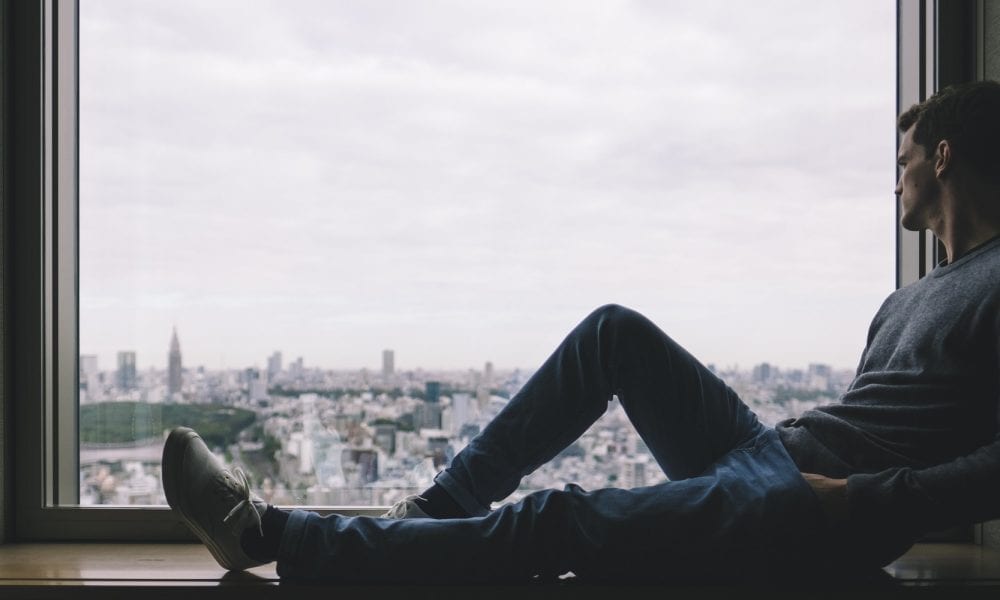
Is It Possible to Get PTSD Due to a Pandemic?

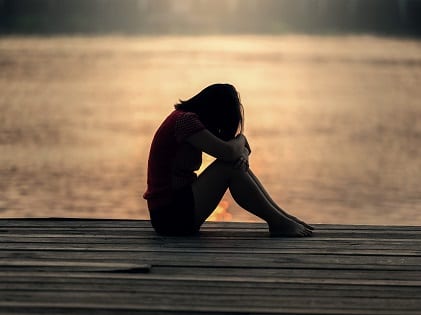 It has been months since the COVID-19 virus became a pandemic by the World Health Organization (WHO). The virus is causing worldwide chaos – deaths reaching to hundreds of thousands and the infected reaching millions.
It has been months since the COVID-19 virus became a pandemic by the World Health Organization (WHO). The virus is causing worldwide chaos – deaths reaching to hundreds of thousands and the infected reaching millions.
Aside from the prominent effects of the coronavirus on the infected, the havoc caused by COVID-19 could also result in long-term mental health concerns. As we face such traumatic incidents and drastic changes in our way of living, a person can experience Post-Traumatic Stress Disorder (PTSD).
PTSD is a chronic psychiatric disorder that occurs when a traumatic event is experienced by or greatly affected a person. Usually, PTSD occurs as an aftereffect of an accident, assault, or attack. According to experts, the severity of the current COVID-19 pandemic could also trigger PTSD.
After the 2003 SARS outbreak, PTSD was a common diagnosis to people who underwent self-quarantine, healthcare workers, frontline service members, and other individuals who had first-hand experience and encounter with the disease. The COVID-19 pandemic may have a similar effect.
What are the Symptoms?
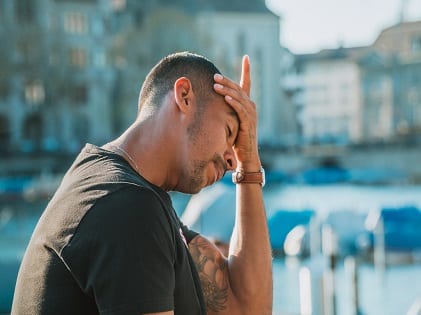 The degree of trauma, brought about by the incident, varies from person to person. The possibility of developing PTSD depends on many factors. Some of them are your interpretation of the situation, exposure to the effects of the virus, and experiences during the pandemic.
The degree of trauma, brought about by the incident, varies from person to person. The possibility of developing PTSD depends on many factors. Some of them are your interpretation of the situation, exposure to the effects of the virus, and experiences during the pandemic.
Families and friends of COVID-19 victims, and the recovering victims themselves, are the most vulnerable to trauma. Healthcare workers, and other people who served the front lines, saw the struggles of people infected by the virus. People who lost their jobs, homes, properties, or opportunities because of the changes in living conditions due to the pandemic are also highly susceptible.
People struggling with mental health conditions have a higher risk of developing trauma. It is noteworthy though that even if you have no history of mental health concerns or not directly affected by the virus, it is still possible to get PTSD because of the pandemic.
Symptoms of PTSD include nightmares and intense flashbacks, irritability, insomnia, inability to focus and concentrate, anger, extreme fear and anxiety, and denial.
How Long Do the Symptoms Last?
PTSD symptoms may co-occur over a long period. For some, the long-term difficulties kick in even after the pandemic. Typically, people who have PTSD recover almost immediately after the traumatic experience. The symptoms usually fade away over time. However, if PTSD symptoms start to interfere with your life, disabling you to function and go on with your daily activities, then getting expert help from mental health professionals is highly advisable.
Be wary of any PTSD symptoms that may apply to you. Knowledge of these symptoms beforehand is essential in pre-diagnosing possible trauma – and eventually being able to plan out your course of action to cope up with PTSD.
How Can I Cope with PTSD?
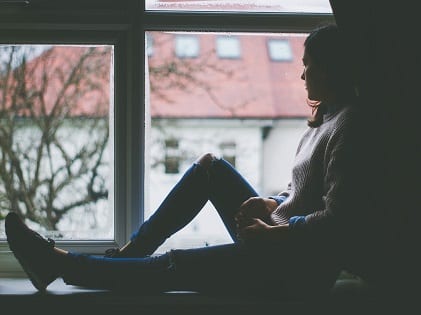 While getting professional help is still the best way to combat PTSD, you can also do personal exercises and therapy to help minimize and cope with the effects of the trauma. Take note that these are just immediate methods to deal with PTSD if professional help is unavailable. You should still consult a therapist or mental health professional for proper diagnosis.
While getting professional help is still the best way to combat PTSD, you can also do personal exercises and therapy to help minimize and cope with the effects of the trauma. Take note that these are just immediate methods to deal with PTSD if professional help is unavailable. You should still consult a therapist or mental health professional for proper diagnosis.
Be mindful of your thoughts and behavior. What you think, say, and do have an impact on how you feel. Negative thoughts disrupt your rational thinking and may lead to dysfunctional behavior. Surrounding yourself with things that stimulate positive feelings and memories may help.
You can also temporarily avoid any form of media discussing the COVID-19 pandemic. If watching the news triggers your anxiety, it is wise to stay off the news for a while. You request your housemates to prevent any form of discussion regarding the pandemic. Avoiding such triggers helps subside your anxieties.
Often, talking about your experiences and trauma with your family and loved ones is a great coping mechanism. At first, you might be hesitant in fear of being judged or invalidated for your struggles, but opening up with people you trust is one of the best ways to take the load off of your chest.
There’s nothing wrong with admitting how the pandemic has affected you. After all the chaos subsides, make sure to check on yourself and your loved ones. Open discussion of feelings, fears and anxieties is helpful.
More in Mental Health
-
`
Coping With Traumatic Stress Reactions – PTSD
Post-Traumatic Stress Disorder (PTSD) is a complex mental health condition that sometimes develops in the aftermath of a traumatic event. It affects...
November 19, 2023 -
`
Is Swimming in Cold Water Good for You?
Swimming is a beloved activity that provides numerous physical and mental health benefits. Swimming can be a fantastic workout, whether you’re...
November 15, 2023 -
`
Unlocking the True Benefits of Detox Water
Detox water has taken the health and wellness world by storm, promising a wide range of benefits that go beyond ordinary...
November 7, 2023 -
`
How Tom Brady Shed 10 lbs After Retirement
One of the NFL’s most celebrated athletes, Tom Brady, has always been a topic of discussion. Brady never fails to surprise,...
November 1, 2023 -
`
AI’s Hidden Toll on Our Brains
Artificial Intelligence (AI) has permeated almost every facet of our lives, from virtual assistants and recommendation algorithms to autonomous vehicles and...
October 24, 2023 -
`
What to Drink During a Workout
When it comes to getting the most out of your workout, proper hydration is key. What you drink during exercise can...
October 17, 2023 -
`
Wearable Technology Applications in Healthcare
The world of healthcare is evolving at an unprecedented pace, and wearable technology is one of the driving forces behind this...
October 10, 2023 -
`
Initiating and Integrating Exercise in Daily Life
Incorporating exercise into our daily lives is essential for maintaining optimal health and well-being. However, initiating a fitness routine and seamlessly...
October 10, 2023 -
`
Jason Momoa’s Workout Routine for Iconic Aquaman Look
We all remember the moment: The big screen lights up, waves crash, and out emerges Jason Momoa as Aquaman, with his...
October 8, 2023

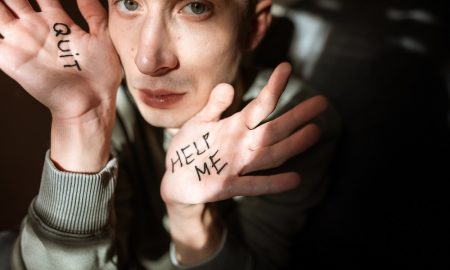



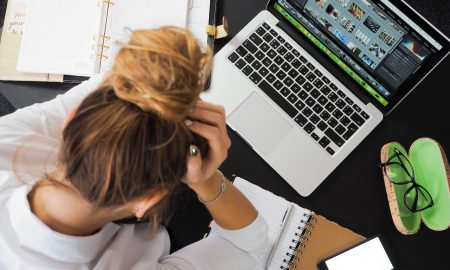

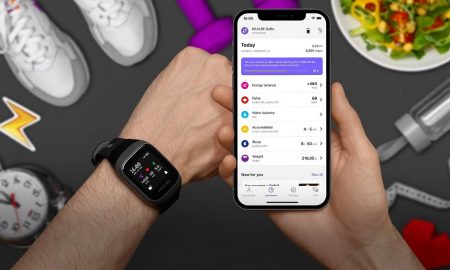



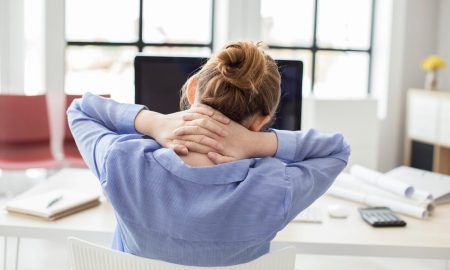

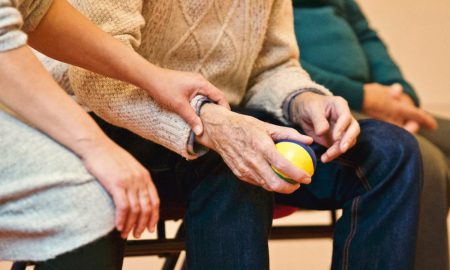

You must be logged in to post a comment Login